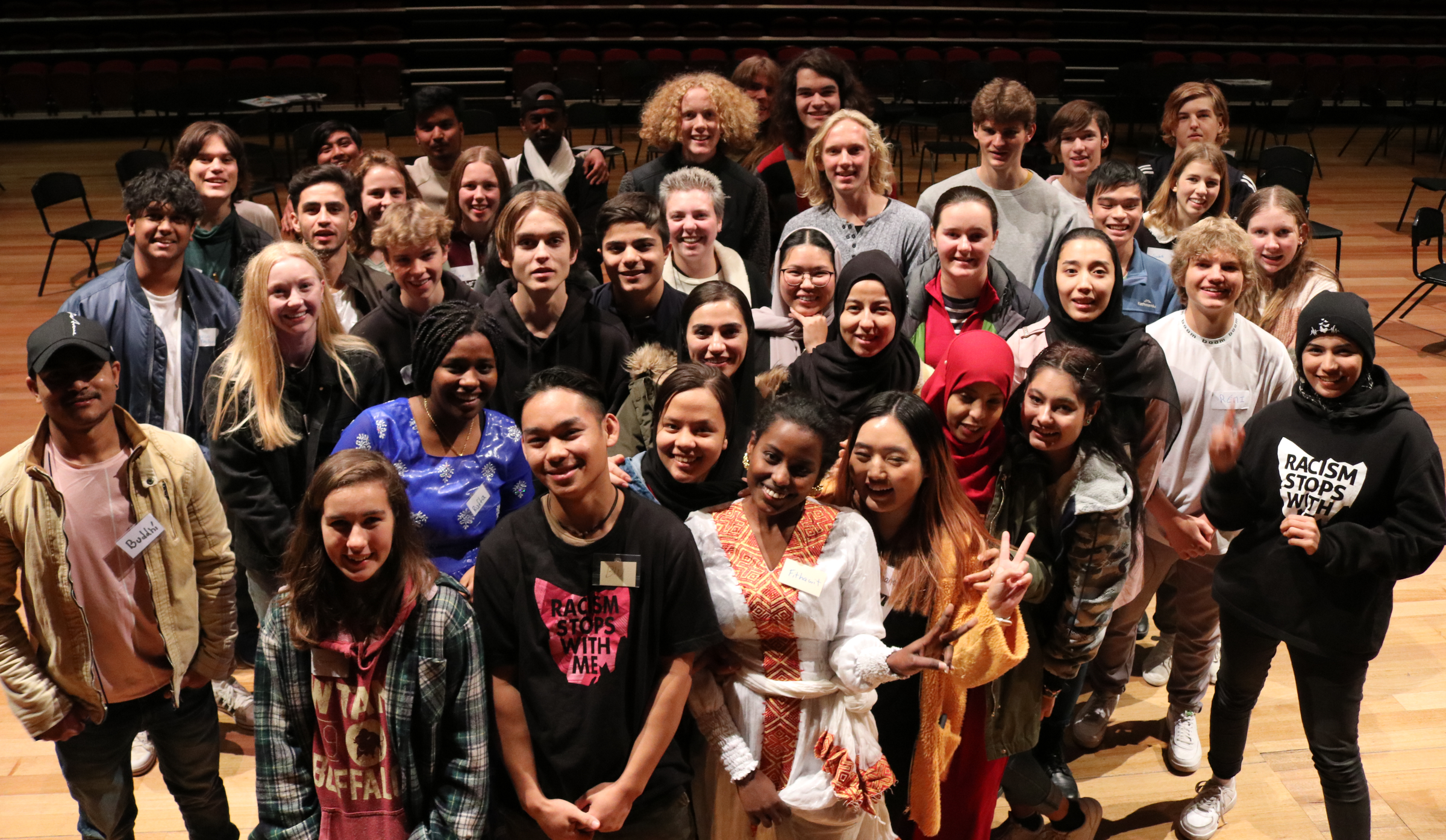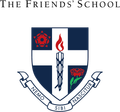IBDP Core

IBDP Core
Made up of the three required components, the DP core aims to broaden and enrich students’ educational experience. The three core elements are outlined below.
Core | Creativity, Activity & Service
Creativity, Activity, Service (CAS) is a fundamental part of all Diploma students’ programmes.
Creativity is interpreted as imaginatively as possible to cover a wide range of arts and other activities and to include creativity by the individual student in designing and carrying out service projects.
Activity can include participation in expeditions, individual and team sports and physical training. It can also include carrying out creative and service projects as well as training for service.
Service is community or social service. It can be service to individual people, to communities of people, or to the local or wider environment. Whilst a significant portion of the service should be done outside the School, students are supported in this endeavour with three CAS Days in Year 11 in which we work in a variety of ways with the YMEP (Young Migrant Education Program) Students Against Racism.
CAS is designed to:
- provide a challenge to each student in each of the three areas of creativity, activity and service
- provide opportunities for service
- complement the academic disciplines of the curriculum and to provide a balance to the demands of scholarship placed upon the student
- extend students by developing a spirit of discovery, self-reliance and responsibility
A written evaluation of personal performance is required from students for each experience. The school records and evaluates all CAS work. These records focus on the following performance criteria:
- personal achievement
- personal skills
- personal qualities
- interpersonal qualities
- awareness of global issues
Core | Theory of Knowledge
The Theory of Knowledge (TOK) course is central to the educational philosophy of the International Baccalaureate Diploma. TOK provides students with an opportunity to explore and reflect on the nature of knowledge and the process of knowing. In TOK, students reflect on the knowledge, beliefs and opinions that they have built up from their years of academic studies and their lives outside the classroom. The course is intended to be challenging and thought-provoking—as well as empowering—for students.
The TOK curriculum is made up of three deeply interconnected parts.
- The core theme—knowledge and the knower: This theme encourages students to reflect on themselves as knowers and thinkers, and to consider the different communities of knowers to which we belong.
- Optional themes: This element provides an opportunity to take a more in-depth look at two themes relating to knowledge in contemporary society. Teachers select two optional themes from a choice of four: knowledge and technology; knowledge and language; knowledge and politics; and knowledge and indigenous societies.
- Areas of knowledge: The areas of knowledge are specific branches of knowledge, each of which can be seen to have a distinct nature and sometimes use different methods of gaining knowledge. These areas are: history, the human sciences, the natural sciences, mathematics, and the arts.
Skills and knowledge gained in TOK have lifelong benefits for students. TOK hones students’ critical thinking skills, awareness of the complexities of knowledge, and recognition of the need to act responsibly in an increasingly interconnected world.
TOK also helps students to establish connections between the other subjects that they study and to think critically about the strengths and limitations of those subject areas.
Assessment
TOK is assessed alongside the Extended Essay and, together, these core components enable students to deepen their understanding of subjects within the six groups and better appreciate how they relate to one another.
| Component | Requirement | % |
|---|---|---|
| TOK Exhibition | 950 words | 33.3 |
| Essay | 1600 words | 66.6 |
What are the benefits of TOK?
TOK helps students to be more critical and creative thinkers. These skills are beneficial to students regardless of what career path they wish to pursue. Many Friends' alumni, who studied or are studying diverse subjects at university (medicine, economics, biology, teaching, nursing and more), have expressed gratitude for what they learned in TOK. They claim that they arrived at university already possessing important skills that many of their peers lacked. These include: conceptual thinking skills; the ability to compare, analyse and evaluate different points of view; and the ability to apply different points of view to ethical issues.
Core | Extended Essay
Every IB Diploma student writes an Extended Essay: an in-depth, independent research project. You choose which subject to write it in, and the exact topic you will investigate.
Writing the essay will teach you:
- how to carry out academic research in the subject you choose
- how to write in a formal academic style
IB Diploma graduates consistently reflect that the Extended Essay was excellent training for writing university essays and undertaking independent research and projects in a number of different contexts. You will be asked to choose the subject for your essay at the beginning of Term 2, Year 11 and to hand in an essay of around 3,500-4,000 words just over a year later.
You will be supported in writing the essay through training in research methods and essay writing on designated Extended Essay Days in Year 11. You will also be assisted by your supervisor - a teacher in your chosen subject area - who will guide you through to submission. They will assist you in finding a suitable topic that is interesting and sufficiently specific so that you can investigate it in depth.
All Extended Essays are externally assessed by examiners appointed by the International Baccalaureate, against published criteria.
Assessment
| Component | Requirement | % |
|---|---|---|
| Essay | 4000 words | 100 |
